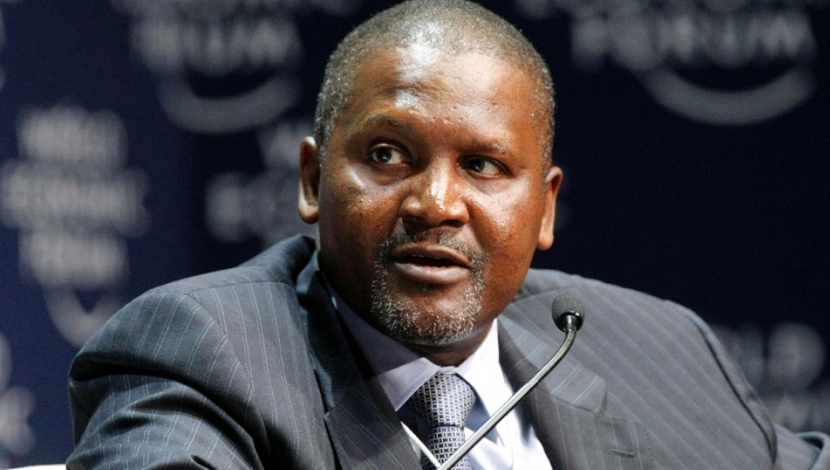

After investing over N49 billion in the shares of Dangote Cement Plc, there are indications that South African sovereign wealth fund manager, Public Investment Corporation (PIC) is considering investing more in companies linked to Africa’s richest man, Alhaji Aliko Dangote.
Head of Resources at the Pretoria-based PIC, Fidelis Madavo, while noting the plans of the funds to tap into industries benefiting from economic growth said, the deal with Dangote Cement would also offer opportunities in Dangote’s sugar, flour, oil refinery and port operations.
The fund which has the largest sovereign fund in Africa has as much as $7 billion to invest in the continent and is targeting about 20 listed stocks across industries such as consumer, infrastructure, telecommunications and agro business as growth rates accelerate.
“This rally might be sustained for the next couple of days,” Lanre Buluro, head of research at Primera Africa Securities Ltd., said by telephone from Lagos. “I’d like to see if the PIC will look into other blue chip companies outside of Dangote in our economy that would be positive for our market,” he added.
The 100 per cent South African Government owned wealth fund company, PIC, had bought 255.6 million shares of Dangote Cement from Dangote Industries Limited at N179 per share totalling N45.75 billion. The shares of the company ended the day selling at N210.
The deal which was brokered by Renaissance Capital, was the largest single deal so far made on the NSE following a similar transaction done on the shares of Dangote Flour Mills in October 2012 at a value of N30.1 billion.
Dangote Cement is Africa’s biggest producer of the building material and has production capacity of 19.3 million metric tons in Nigeria, with plans to increase that to 29 million tonnes by 2015. It’s owned by the Business mogul and billionaire, Aliko Dangote. The PIC was established by the South African government in 1911, and sits on a wealth fund of R1.17 trillion, about $115 billion.
Nigeria’s $269 billion economy, Africa’s largest outside South Africa, will grow 7.2 per cent this year, International Monetary Fund projections show. That compares with an estimated 5.6 percent growth rate for sub-Saharan Africa.

